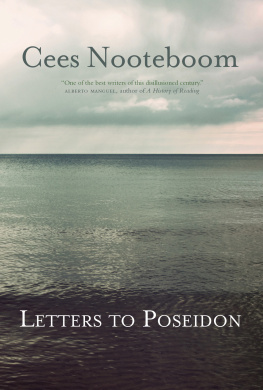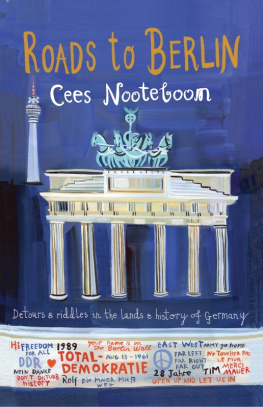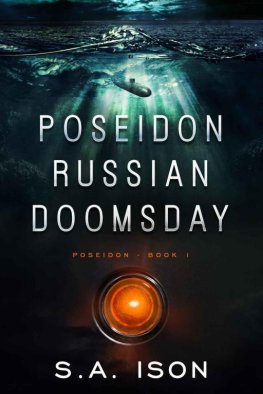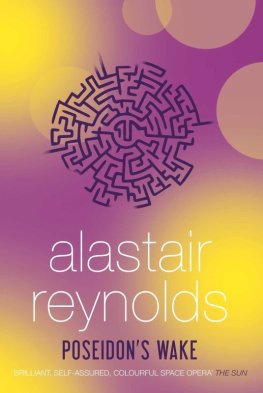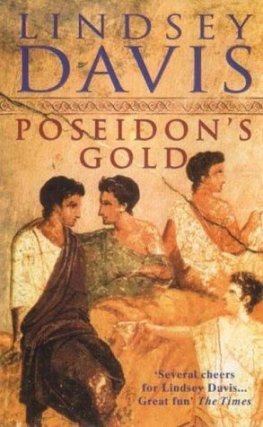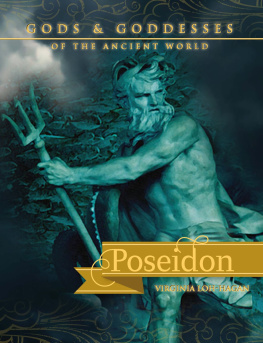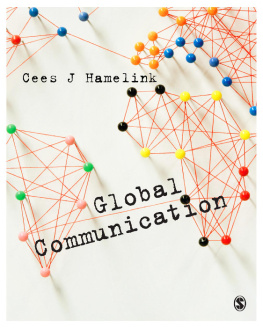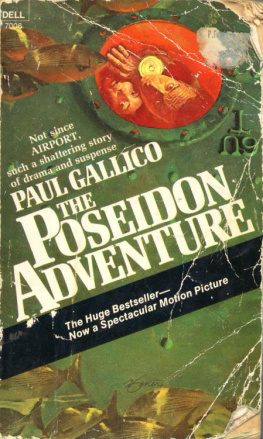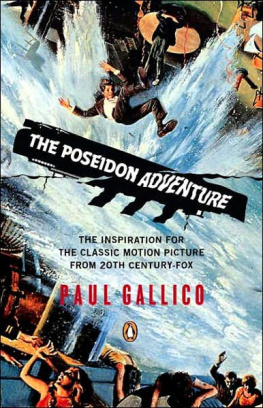Contents
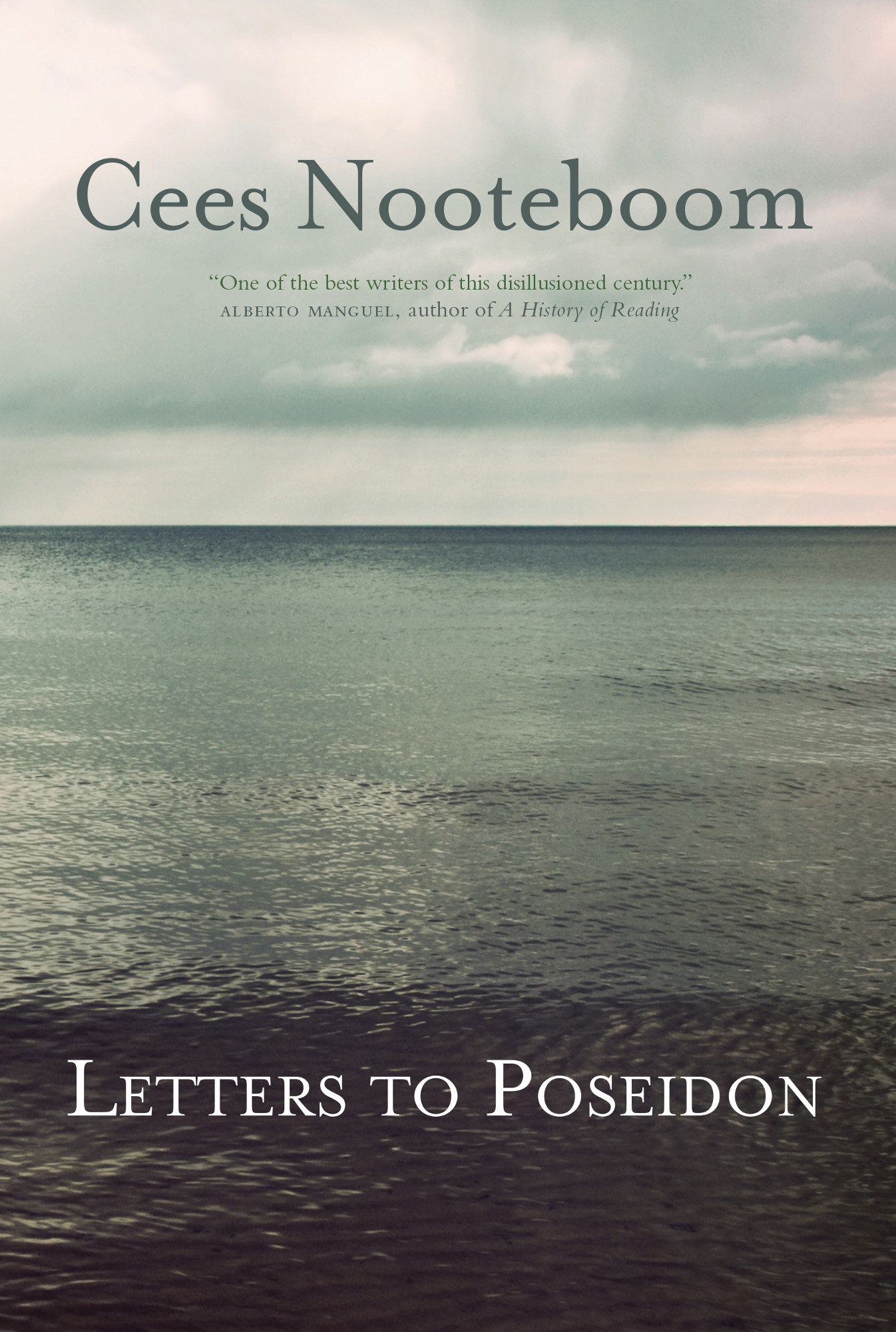
LETTERS TO POSEIDON
Also by Cees Nooteboom in English translation
FICTION
Rituals
Philip and the Others
The Following Story
The Knight Has Died
A Song of Truth and Semblance
Mokusei
All Souls Day
Lost Paradise
The Foxes Come at Night
NON-FICTION
Roads to Santiago
Nomads Hotel
Roads to Berlin
POETRY
Self-portrait of an Other
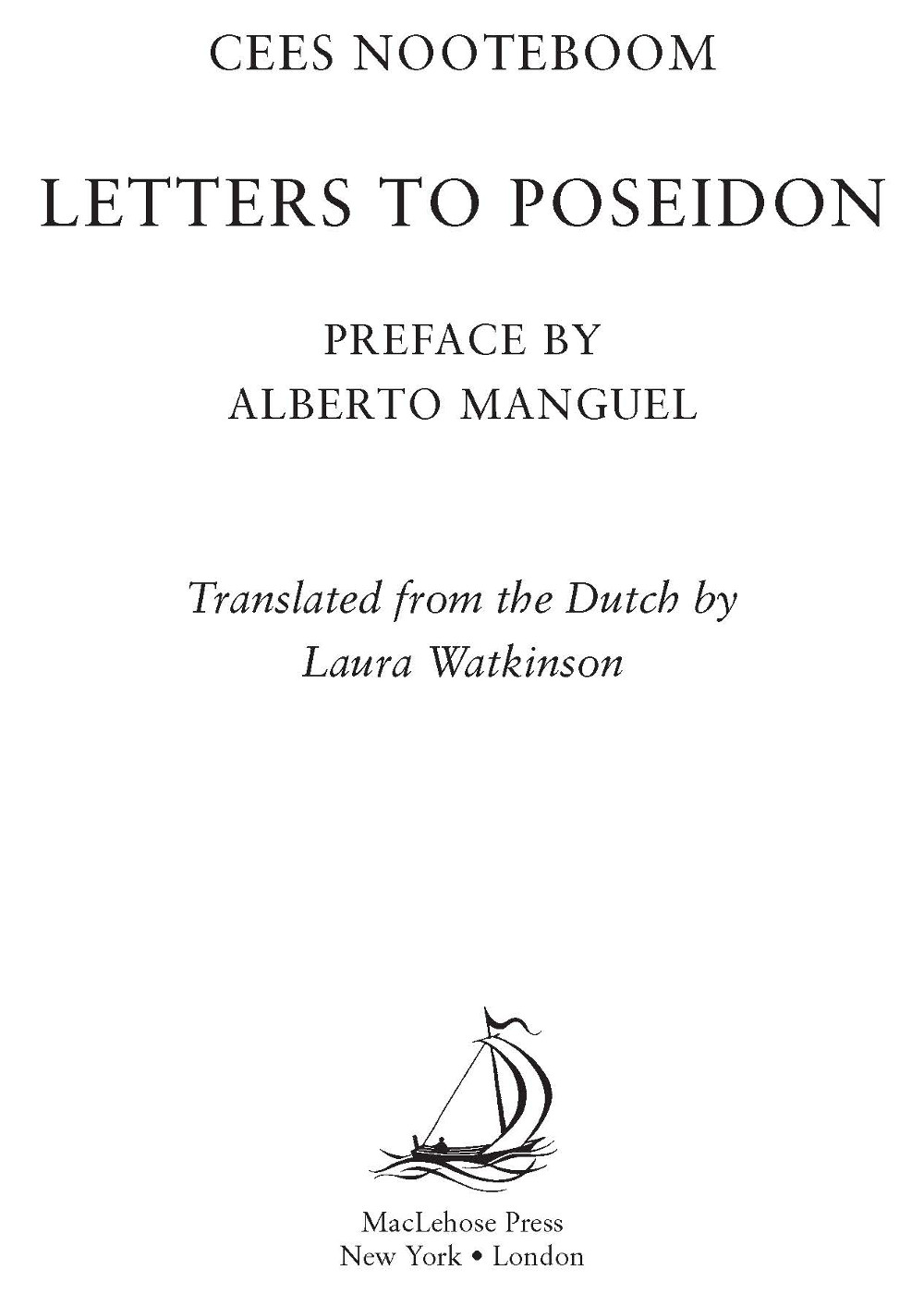

MacLehose Press
An imprint of Quercus
New York London
First published in the Dutch language as Brieven aan Poseidon
by Uitgeverij de Bezige Bij, Amsterdam, in 2012
Copyright Cees Nooteboom 2012
English translation copyright 2014 by Laura Watkinson
Preface Alberto Manguel
English translation copyright of preface Anna Milsom
First published in the United States by Quercus in 2015
Cover design by James Nunn
Cover photograph Jon Ovander
The publisher gratefully acknowledges the support of the Dutch Foundation for Literature.

All rights reserved. No part of this book may be reproduced in any form or by any electronic or mechanical means, including information storage and retrieval systems, without permission in writing from the publisher, except by reviewers, who may quote brief passages in a review. Scanning, uploading, and electronic distribution of this book or the facilitation of the same without the permission of the publisher is prohibited.
Please purchase only authorized electronic editions, and do not participate in or encourage electronic piracy of copyrighted materials. Your support of the authors rights is appreciated.
Any member of educational institutions wishing to photocopy part or all of the work for classroom use or anthology should send inquiries to .
e-ISBN 978-1-62365-916-5
Distributed in the United States and Canada by
Hachette Book Group
1290 Avenue of the Americas
New York, NY 10104
This book is a work of fiction. Names, characters, institutions, places, and events are either the product of the authors imagination or are used fictitiously. Any resemblance to actual personsliving or deadevents, or locales is entirely coincidental.
www.quercus.com
For Siegfried Unseld,
who changed so much for me
The death of one god is the death of all.
WALLACE STEVENS
Cees Nooteboom is one of those writers, like Montaigne, Hazlitt and Borges, who make us feel more intelligent. It is not that his books are didactic or erudite. On the contrary, approximation and doubt are part of his style. His tone is one of astonished assurance, not arrogant instruction, of inquisitive perplexity, never pedantic certainty. It is as if the world for Nooteboom were a text made up of marvellous metaphors that do not allow for translation into any language at all, just humble recognition, and our task is to journey through with our eyes wide open. In this sense, in his essays as in his fiction and poetry, Nooteboom has always been a writer of travel books.
Letters to Poseidon is a kind of notebook documenting one such journey. The title is justified by the intention to direct a series of messages and observations from the present to one of the great gods of antiquity, initiating a dialogue not only with the past, but with an entire world that seemed lost for ever. The god, who for Kafka (the author notes) no longer even saw the oceans he administered from behind a bureaucratic desk, is for Nooteboom the recipient of rhetorical questions, slivers of experience, snapshots that the journeys and the days bring to him like salvaged objets-trouvs. Forgetting is the absent brother of Memory, writes Nooteboom. Nooteboom feeds the one with the phantoms of the other.
Writing letters to those who are no longer of this world is an ancient literary form. According to Diodorus Siculus, the Egyptians used to write to deceased relatives so they might live again; almost three thousand years later, Walter Savage Landor composed his Imaginary Conversations choosing Dante, Aesop, Calvin and others from among the famous dead as correspondents. Theology provides wonderful examples of correspondence with the God who died on the cross, but only Nooteboom has dared to write to a god who preceded Him, a god from an age before writing.
Twenty-three letters and a series of notes (postcards, we might call them) are directed, not without startling hubris, to the vengeful deity who forced Ulysses into his odyssey and owes his name (according to Socrates, Nooteboom tells us) to a man who experienced the sea as shackles (desmos) binding his feet (podn). The god Poseidon, Nooteboom confesses, attracts him like something from a world before history.
Nooteboom subjects this neglected god to questions that have no answers, or only answers that form a part of the question itself and cannot be resolved according to logical syntax. These are questions which are, as is proper when dealing with gods, sufficient unto themselves: What is a human being to the gods?; Is there a hierarchy in the kingdom of the dead?; Is a person who has been dead for a few thousand years as dead as someone who died last year?; Do gods read?; For how long can a person look at a stone?; Can seaweed also be a memento mori?; [W]hat is more of a mystery? Someone who is able to die, or someone who is never permitted to die?; [W]hich god will appear when the barbarians come?
Perhaps the key to the book is to be found in one of its shortest texts, Lorry. After describing the innocuous-looking newspaper photograph of a parked vehicle, Nooteboom explains that it depicts the scene of a tragedy, where a girl was murdered and her stepfather found hanged from a tree. No-one can say exactly what happened, or why. Nooteboom writes: The dead are silent, leaving behind a mystery in the shape of a big lorry beside a few trees. And later, casually: The most likely scenario is that the incident was connected to some impossible form of love. The supposed explanation reveals all and explains nothing. It is a story with no solution, no mercy, life as its own punishment, as he says elsewhere.
Dante, invoked several times by Nooteboom in the book, believed that all of our crimes were the product of love, either excessive (avarice, lust) or insufficient (anger, envy). In Challenger Nooteboom goes further: he suggests that this same love offers an instrument which allows us to see the world in all its fractured unity: to recognise, for example, in a space-shuttle disaster, the explosion of the Challenger, a kaleidoscopic vision of the universe, a cloud, made up of powdered flesh and metal, finely pulverised existences, living and dead matter that has assumed the form of a hazy white cloud, a grave of dust becoming finer and finer as it fans out, the infinite disintegration of bodies of men and women who once had names.
In one of these letters, Nooteboom asks Poseidon who his one last supplicant might be. We know the answer to that question: a nomadic Dutchman, a clear-sighted optimist, an inveterate inquisitor, one of the best writers of this disillusioned century.
ALBERTO MANGUEL

